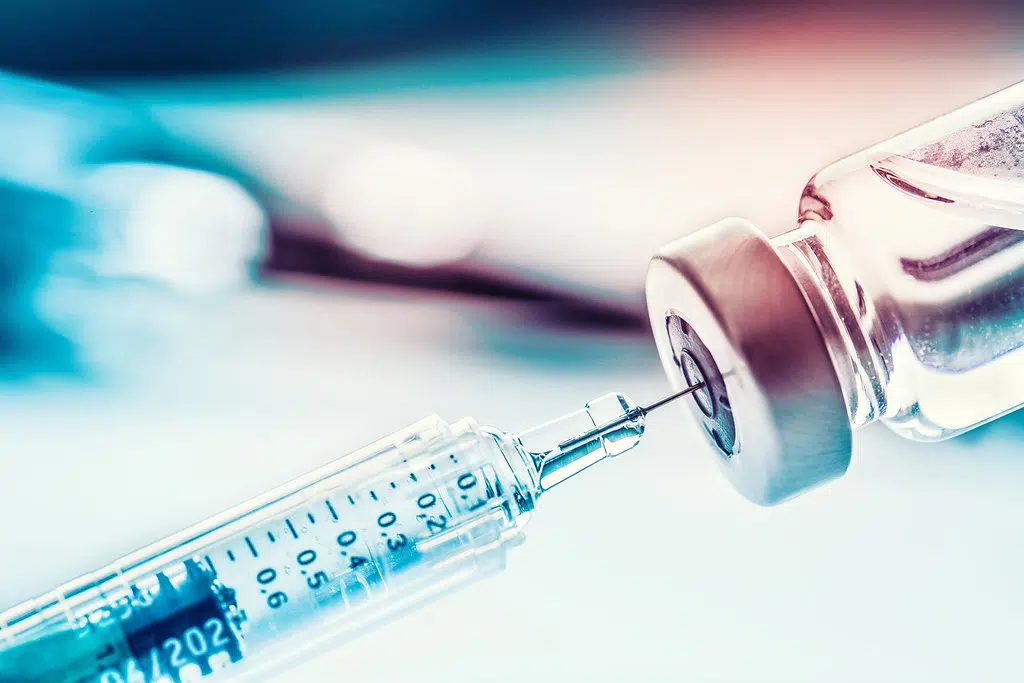New Brunswick Public Health is now offering second COVID-19 booster vaccines to anyone aged 18 and up as long as it has been five months since a person’s last dose.
Public Health says doses will be available through any pharmacy in New Brunswick, adding that it will offer clinics in some areas of the province to ensure proper access to the vaccine.
“The number of cases of COVID-19 is increasing and therefore the risk to New Brunswickers is going up,” said Dr. Jennifer Russell, New Brunswick’s chief medical officer of health, in a news release.
“Vaccines are our best defence against severe outcomes. Expanding booster eligibility will give people an extra layer of protection.”
Government says the decision to expand booster eligibility comes on the heels of current virus trends in New Brunswick and across Canada.
Russell said indicators suggest that New Brunswick is at the start of another wave, driven by Omicron subvariants BA.4 and BA.5.
“Vaccination is the best way to reduce your risk,” said Russell.
“It is also important to continue to stay home when you are sick, get tested when you are experiencing symptoms and practice good hand hygiene.”
Jake Reid, executive director of the New Brunswick Pharmacists Association, said in a news release that pharmacists continue to play a vital role in primary health-care as COVID-19 cases continue to spread.
“We encourage New Brunswickers to check with their pharmacist to see if they are up to date with their COVID vaccines and if they are eligible, to schedule a next dose,” said Reid.
Public Health says residents are encouraged to assess their personal risk for severe illness and hospitalization, taking into account themselves, family, friends and workplace settings.
Health officials say personal risk factors include:
- Being 50 or older
- Being immunocompromised
- Having chronic conditions
- Not being fully vaccinated and boosted, if eligible.
Officials add that those who have risk factors should consider additional preventive measures, including:
- Avoiding or limiting time spent in crowded or poorly ventilated indoor places
- Minimizing close contact with anyone who has cold-like symptoms
- Continuing to use a mask, distancing and frequent hand washing




